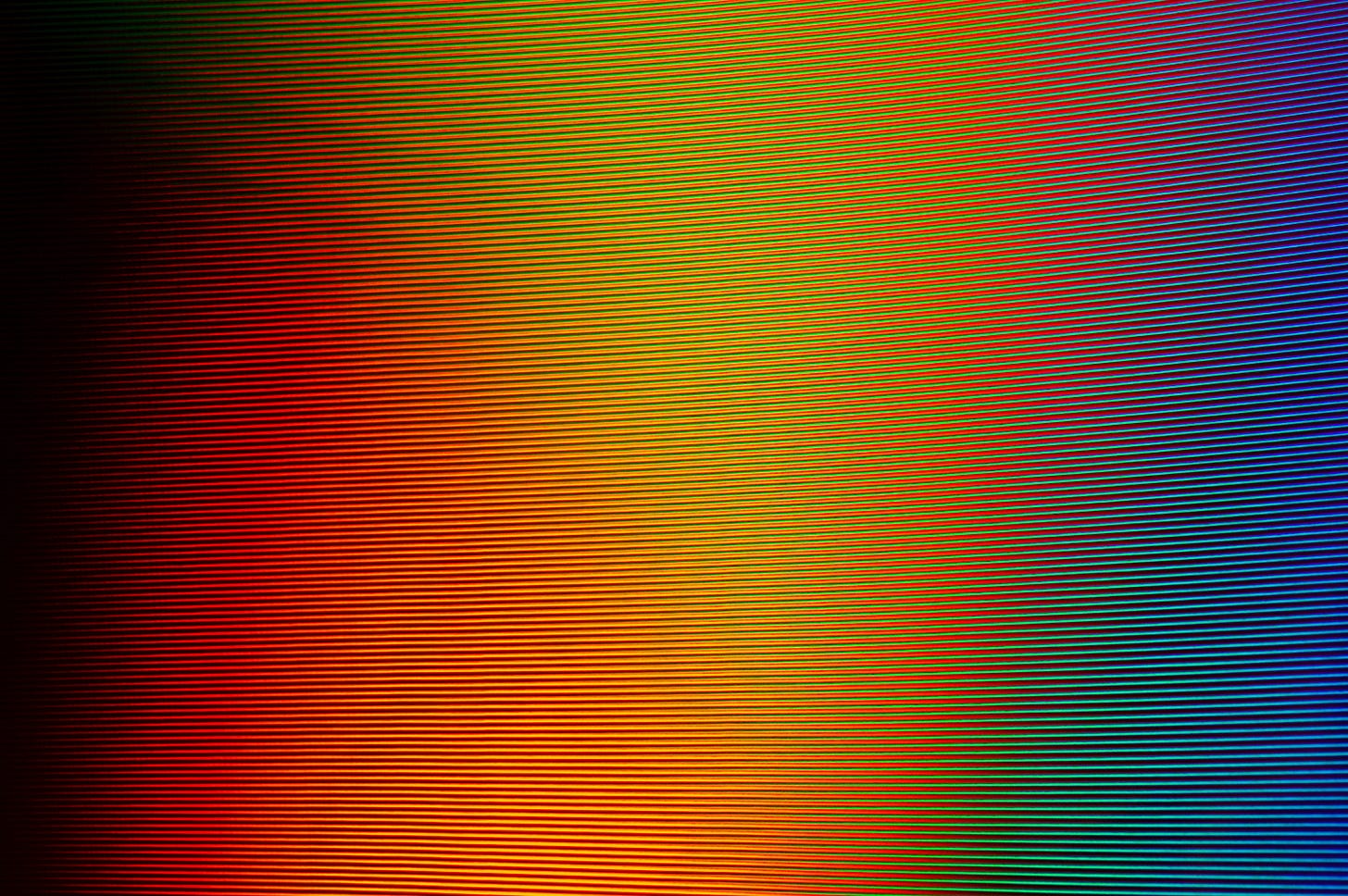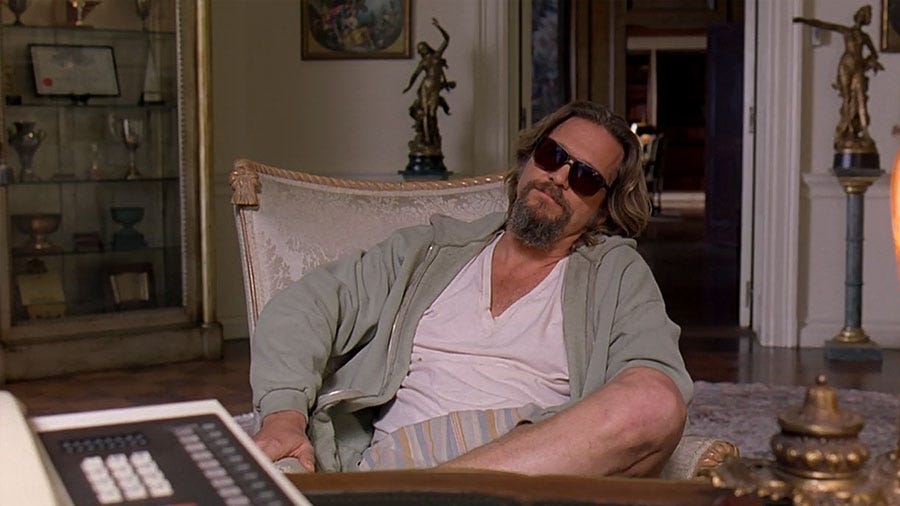My first foundational assumption as I write about manhood, is that it’s actually a thing. So is womanhood. And they sit at the opposite ends of a spectrum. How much variety there is between those two ends and the various ways they might manifest isn’t my focus here, although, for the sake of transparency, I will admit my personal take is that there’s an array of possibilities between the two.
So why bring this up if I don’t want to focus on the middle? Because I’m interested in talking about what’s on one side of the spectrum, manhood.
Manhood in Isolation
The idea that manhood is a thing means it can be talked about, debated, discussed, and reflected on as an independent thing.
It also means that there are some fundamental differences between men and women. Yes we have a lot of commonalities that make us human, but it’s the nuance where things get interesting, and that’s what I want to explore.
Why? Because men, women, and children are all hurting and, as far as I can tell, when men heal, things can get better for everyone.
But I do need to double emphasize the can there because good for men does not inherently mean good for women and children (ie patriarchy), but like what is good for women and/or children is not always good for men, thus Richard Reeves’ book, “Of Boys and Men” (affiliate link).
And that brings another reason to talk about manhood in relationship.
Manhood in Relationship
That said, while we can talk about men in isolation, men don’t exist that way (at least they shouldn’t, which is a huge part of the problem in modern society). But all too often, manhood is treated as the norm with everyone else treated as a variation.
This is odd biologically since we all start out on the female path and it’s the intervention of elevated testosterone that results in some of us becoming male.
It’s also odd socially as more than 50% of the population (everyone who doesn’t call themselves a man) is considered a variant. In doing so, we lay the groundwork for a kind of social apartheid.
Instead, we need to think about what is good for humans on the whole, as well as what is uniquely good for men, for women, for those in between, and for children (honoring their variance as well).
This means that while we need to think about what is good for men in isolation, we also need to think about how what is good for men impacts those they are in relationship with, both at a personal and social level.
So Why Manhood?
So why zero in on manhood? Mostly, because I am one, and I want to live in such a way that allows me to thrive and for my thriving to spill over into the lives of those I’m closest to.
At another level, because I want other men to thrive and the same spill over effect to happen in their lives.
So what I’m talking about here is not so much what is common to humans, but what is unique to the subset of humans who are men (which is more than a pair of testicles).
With that in mind, what do you see as the essence of manhood?





